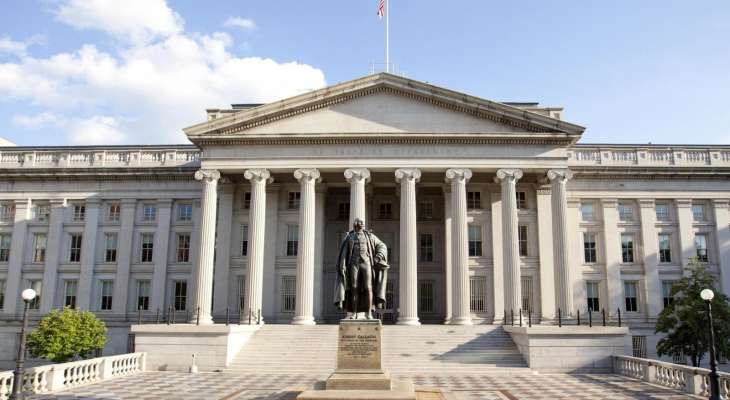The US Treasury said that “the price of oil could rise by 40 percent to around $140 a barrel if there is no ceiling on the price of Russian oil, and exemptions from sanctions are applied to allow deliveries at a price below this. “
And a senior ministry official said, “U.S. Treasury Secretary Janet Yellen will discuss a proposal to impose a cap on Russian oil prices with Japanese Treasury Secretary Shunichi Suzuki during a meeting later today,” noting that “the goal is to set a price at a level that covers the cost of production in Russia, so that Moscow has an incentive to continue exporting oil, but not at a level high enough to allow it to finance the war in Ukraine.”
He pointed out that “US estimates indicate that the imposition of sanctions without price exclusion could lead to a significant increase in crude oil prices, which could reach about $140 per barrel”, explaining that “Japanese officials have expressed concern about the imposition of a very low ceiling prices, but they did not reject a possible price range of $40 to $60 a barrel.”
Earlier, Japanese Prime Minister Fumio Kishida said that the price ceiling to be set for Russian oil is expected to be half the current purchase price.
At their most recent summit, the Group of Seven Major Industrialized Countries agreed on a plan to impose a ceiling on the price of Russian oil, which includes options such as allowing Russian onshore oil and petroleum products to be transported around the world only if the oil is purchased at a certain or low price.
Source: El Nashra
